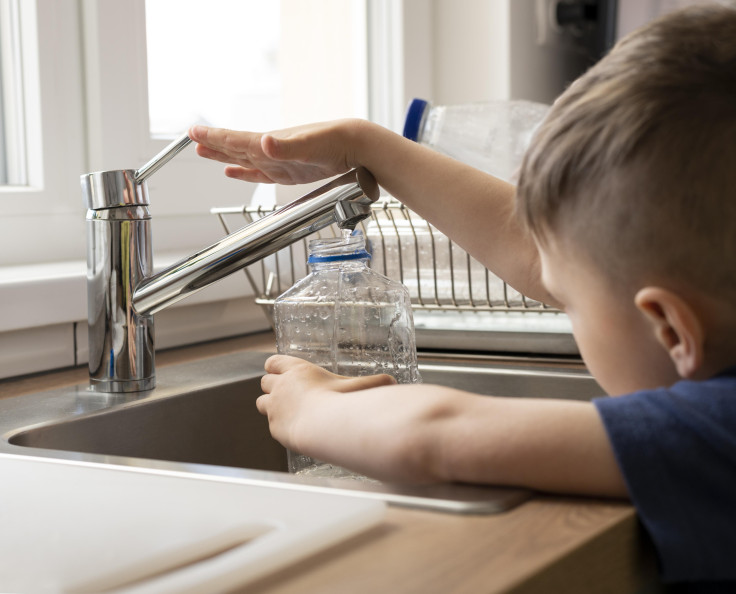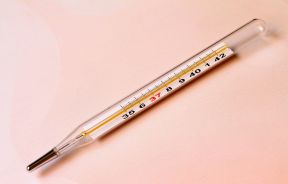Study Says 129,000 Kids In Chicago Under 6 Exposed To Lead-Contaminated Water

In a recent study, researchers made a startling discovery: approximately 129,000 children under the age of six in Chicago, which accounts for 68% of kids in that age group, are exposed to lead-contaminated water.
By employing machine learning, a technique in artificial intelligence, researchers from the Johns Hopkins Bloomberg School of Public Health estimated the likely lead levels in tap water within households throughout Chicago. The analysis was based on an established dataset with findings from 38,385 tap water tests conducted between 2016 and 2023 among those registered for a free self-administered testing service for lead exposure.
"The threshold the researchers used was the lowest detectable level of lead in the water tests, one part per billion—roughly the equivalent of a half teaspoon of water in an Olympic-size swimming pool. More than two-thirds—69 percent—of the tests exceeded this level. From this, the machine learning model predicted lead-contaminated water in 75 percent of residential city blocks, covering 68 percent of Chicago children under 6," the news release stated.
Currently, the "action" level set for lead in drinking water by the Environmental Protection Agency that triggers additional steps by municipalities is 15 parts per billion (ppb). The analysis revealed that 9% of the tests exceeded this threshold.
Additionally, the study identified disparities in exposure levels and testing rates among different racial groups, highlighting racial inequities in the context of lead exposure.
"Predominantly Black and Hispanic blocks were disproportionately less likely to be tested for lead yet disproportionately exposed to contaminated drinking water," the researchers wrote in the study published in Jama Network.
Lead is toxic, particularly for kids, and there's no "safe" amount of exposure to it. Although the use of lead pipes was banned in 1986 due to the risk of water contamination, many cities, including Chicago, still have old lead pipes that were installed before the ban.
More than 9.2 million households across the U.S. still receive water through lead pipes and service lines. In Chicago, there are around 400,000 lead pipes supplying water to around 2.7 million people, more than any other U.S. city.
To address this issue, the EPA recommends that all cities in the U.S. replace their lead water service lines within 10 years. However, under this proposal, Chicago would get 40 years to comply due to the huge burden on the water infrastructure.
"The extent of lead contamination of tap water in Chicago is disheartening—it's not something we should be seeing in 2024," said study lead author Benjamin Huynh.
"These findings indicate that childhood lead exposure is widespread in Chicago, and racial inequities are present in both testing rates and exposure levels. Machine learning may assist in preliminary screening for lead exposure, and efforts to remediate the effects of environmental racism should involve improving outreach for and access to lead testing services," the researchers added.
Published by Medicaldaily.com



























